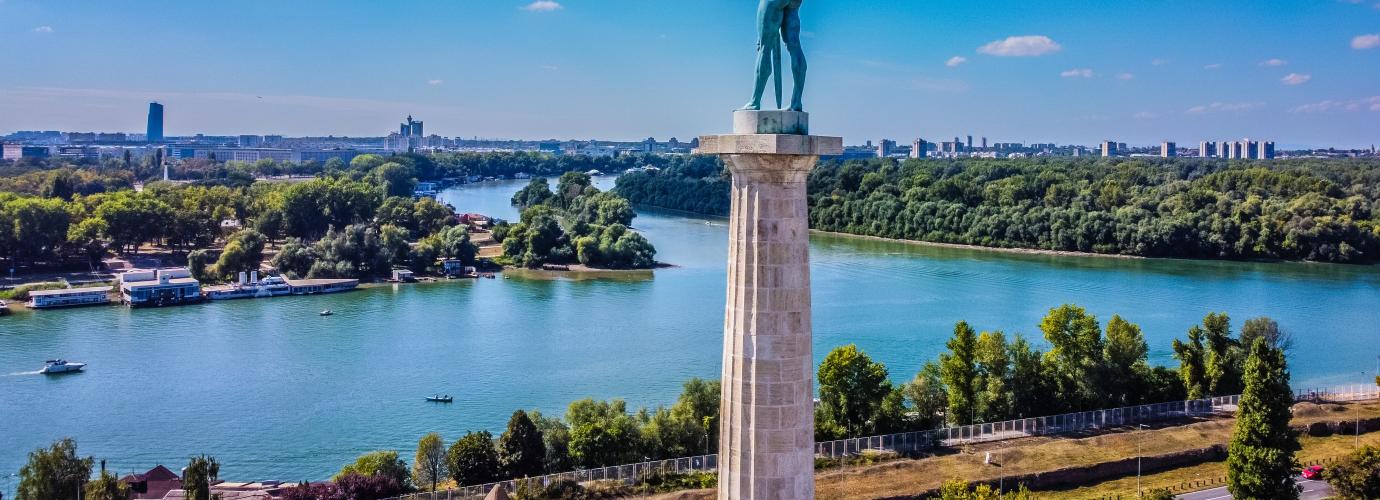Adult education is organised as:
- formal education,
- non-formal education and
- informal learning.
Education and acquisition of qualifications is defined by the Law on Adult Education (SR) and the Law on the Education System Foundations (SR).
The Law on Adult Education defines non-formal education as "organized learning processes for adults based on special programs, for the purpose of acquiring knowledge, values, attitudes, abilities and skills that aim at personal development of adults, labour and employment and social activities" and informal learning as "the process of independent acquisition of knowledge, values, attitudes, abilities and skills in everyday life, working and social environment".
The Ministry of Education, Science and Technological Development adopted bylaws on non-formal education in 2015. Non-formal education is acquired through the system of Publicly Recognized Activity Organizers (PRAO), organizations that offer adult education programs. Primary and secondary schools as well as other organizations that meet the requirements prescribed by the Ministry of Education, Science and Technological Development can be PRAOs.
Following the completion of an adult education program, an individual can obtain a full completion certificate, a partial completion certificate or a programme certificate. The full completion certificate is obtained for achieving standard of professional competences and achieving qualifications standard. For partial achievement of standard of professional competence, the partial completion certificate is awarded. Upon completion of programs that do not lead to acquiring qualifications or professional competences a PRAO issues a programme. The list of PRAOs is published on the Ministry of Education, Science and Technological Development’s website.
The Institute for Improvement of Education (IIE) is conducting the assessment of programmes for achieving standard of professional competences and achieving qualifications standard. The Vocational Education and Training Centre within the IIE has developed qualifications standards in the following areas:
- Geodesy and Construction
- Geology, mining and metallurgy
- Economics, law and administration
- Electrical engineering
- Health and social care
- Mechanical engineering and metalworking
- Agriculture, production and food processing
- Traffic
- Textile and leatherwork
- Trade, catering and tourism
- Chemistry, non-metals and graphic arts
- Forestry and wood processing
Non-formal education is part of the National Qualifications Framework at following levels:
- 2nd level – completed basic education and vocational training up to one year, education for work up to two years, or non-formal education of adults for 120-360 hours of training
- 3rd level – completed secondary vocational education (three years) or non-formal education of adults lasting not less than 960 training hours
- 5th level - completed of master or specialist education in duration of two years or one year and non-formal education of adults lasting not less than six months.

